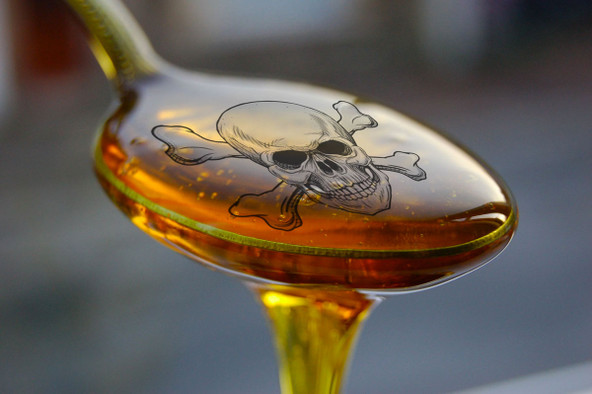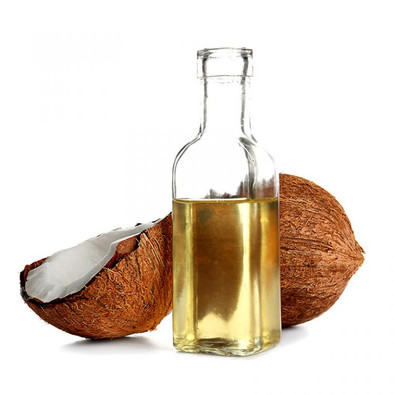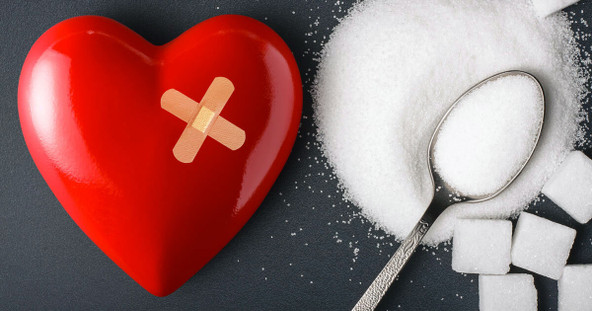Posted by Beyond Health on Nov 3rd 2025
Agave and the Problem of Toxic Fructose
We all want to keep our immunity strong these days, and if you’ve been around Beyond Health for long, you know that means staying away from sugar. Sugar hammers your immunity in two ways. First, it competes with vitamin C to get into your cells. Immune cells cannot function without vitamin C, and they need lots of it—in an infection, your need for C can multiply by a factor of ten or more. But taking extra vitamin C isn’t going to help if you can’t get it into your immune cells. Too much sugar in the bloodstream blocks C’s entry into the cells, creating an artificial vitamin C deficiency. Second, sugar can create dramatic blood sugar spikes followed by deep dips. Your immune system also needs oxygen, and an erratic blood sugar level can weaken your immunity by preventing oxygen from getting into your cells. Wouldn’t it be nice, then, to have a sweetener that didn’t compete for with vitamin C or affect blood sugar levels? Well, there is such a s…
read more Fuel your life with the purest vitamins
Fuel your life with the purest vitamins





